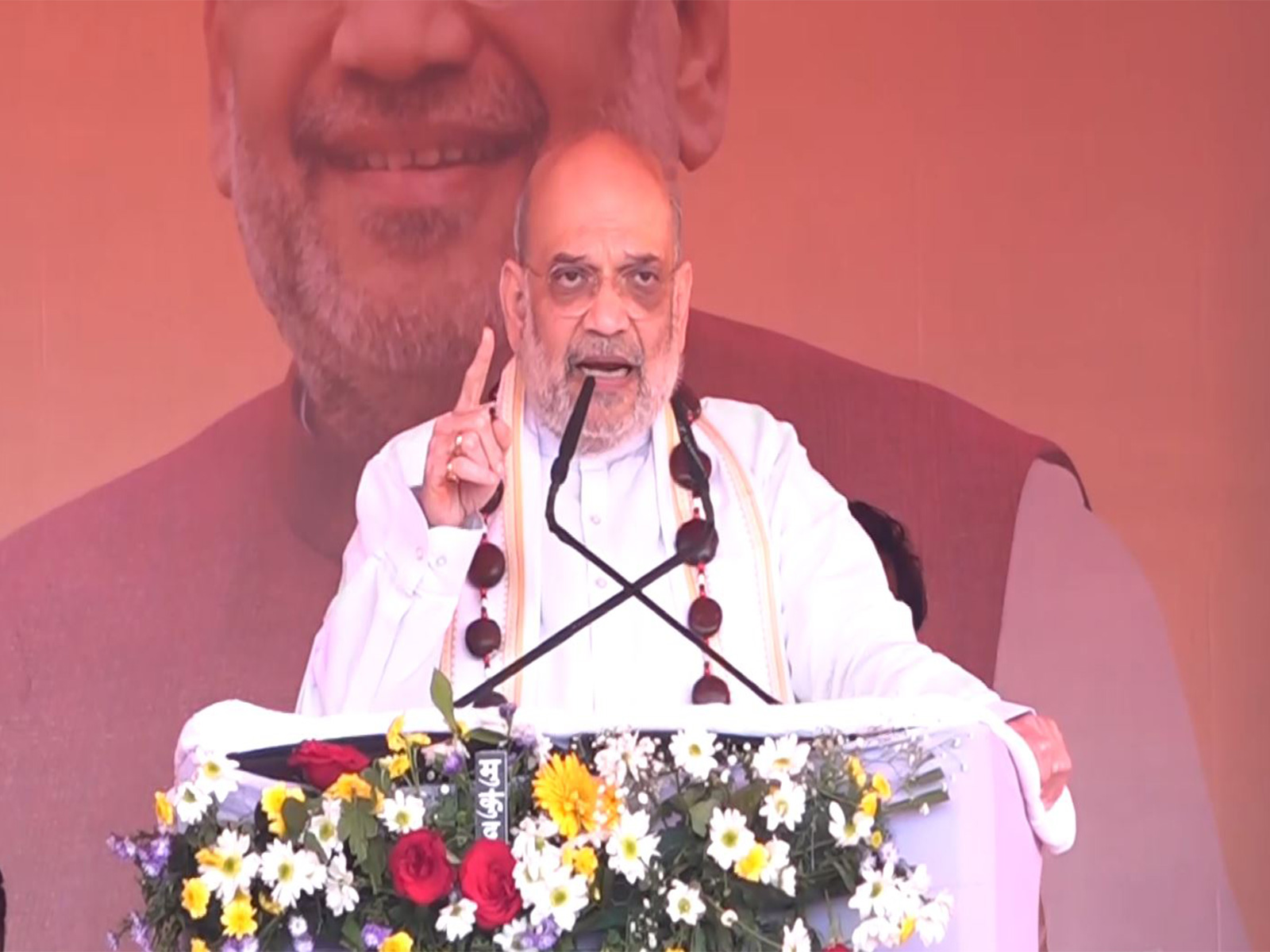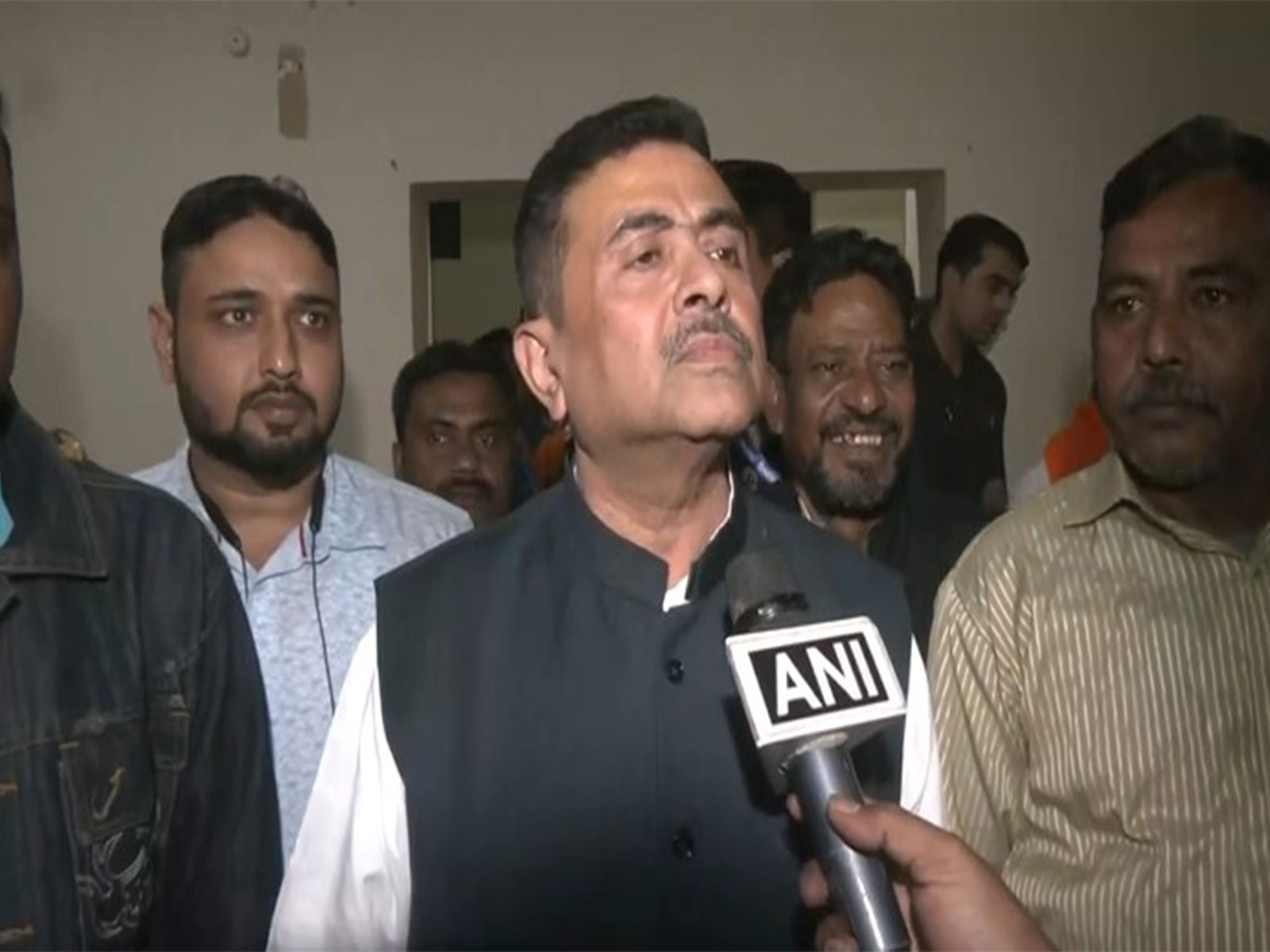Delhi govt to launch beta version of single window system to boost business operations: Saurabh Bharadwaj
Sep 28, 2024

New Delhi [India], September 28 : The Delhi government has introduced the Single Window System (SWS) to boost investors' confidence and cut red tape in a major push to streamline and accelerate business operations, according to a government statement.
This online platform is designed to simplify approvals, reduce compliance burdens, and promote sector-specific reforms, the statement said.
According to Delhi Industries Minister Saurabh Bharadwaj, with 59 services across 12 departments onboarded, the SWS aims to enhance regulatory efficiency and expedite project timelines, creating a more investor-friendly environment.
During this, Saurabh Bharadwaj stated that rationalizing business regulatory processes accompanied by the introduction of information technology for e-service delivery has been the key pillar of the business reform landscape of the past decade. Through online channels, a more open and transparent business regulatory environment has been created in the nation, the statement added.
The Industries Minister further added that an investor has to obtain multiple licenses/clearances from multiple government agencies across various levels to start a new business.
He further said that, the information about these services is fragmented into multiple acts, rules, regulations, etc. and spread across multiple locations. With the introduction of the Single Window System, regulatory hygiene has significantly improved, and the approval process has become streamlined
"The Single Window System is essentially an online platform for the interaction of investors with all the relevant stakeholder departments of a state. It acts as a single interface for investors to apply for all statutory clearances, as prescribed by the state from time to time. Therefore, implementation of a Single Window System eases the burden of investors in obtaining necessary informational and transactional services required for setting up a business," mentioned Saurabh Bharadwaj.
The Delhi Minister shared that the Single Window System (SWS) of GNCTD is a flagship project of Delhi being implemented by the Department of Industries, GNCTD, with NIC Delhi's assistance.
"It is aimed at improving service delivery and minimizing the time, effort and compliance costs of investors. The portal shall help realize the objective of speedy processing of clearances and of providing an investor-friendly environment to business," he added.
"The SWS of Delhi is a digital platform for the guidance of investors to identify and apply for approvals as per their business requirements. The platform aims to allow investors to apply for various pre-operations approvals, reduce compliance burden, promote sector-specific reforms and schemes, reduce the gestation period of projects, and promote the ease of starting and doing business in the NCT of Delhi," said Minister Saurabh Bharadwaj.
The Industries Minister informed that as many as 59 services across 12 stakeholder departments have been onboarded on the SWS platform so far.
"More specifically, 37 services from 7 Stakeholder Departments of GNCTD, namely the Labour Department, Municipal Corporation Department, Delhi Pollution Control Committee, Weights and Measures, Delhi Jal Board, (Power DISCOMS) Tata Power, BSES, and BRPL, and the Department of Industries, have been onboarded on the Single Window System in the first Phase of the development plan," he added.
"While in the second phase of the development, 22 services from 5 Stakeholder Departments, namely the Drug and Control Department, Trade and Taxes Department, Excise, Entertainment and Luxury Tax Department, DSIIDC, and GSDL, have already been onboarded. 27 services from the above have been made "live" on the SWS Portal," stated Minister Bharadwaj.
According to the office of the Industries Minister, the Single Window System will enable Investors to apply for multiple clearances and approvals from different departments on a single platform rather than applying individually on different departmental portals via a login bypass facility, where the user would not need to re-register on various departmental portals.

















